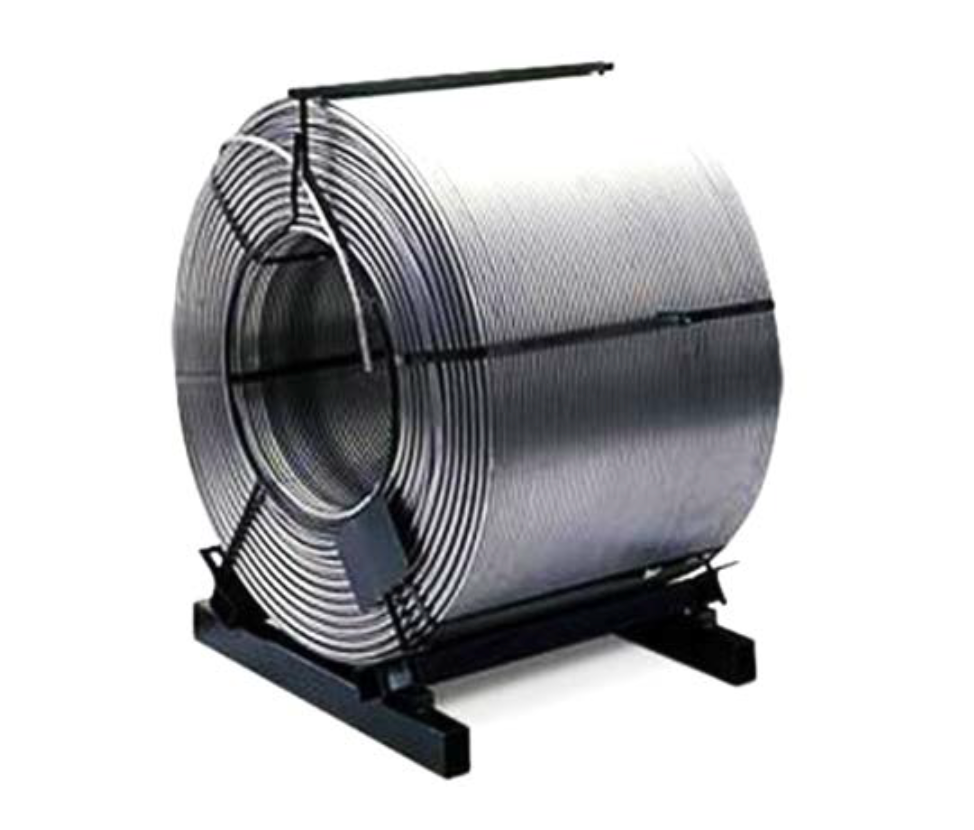Ferro Alloys
Ferroalloys are alloys of iron with a high proportion of one or more other elements, such as manganese, silicon, or chromium. They are used in the production of steel and other alloys. Here is a list of some common types of ferroalloys:
1. Ferrochrome (FeCr): An alloy of chromium and iron, used to add chromium to steel to make stainless steel.
2. Ferromanganese (FeMn): An alloy of manganese and iron, used to add manganese to steel to improve its strength and hardness.
3. Ferrosilicon (FeSi): An alloy of silicon and iron, used to add silicon to steel and as a deoxidizing agent in steelmaking.
4. Ferrovanadium (FeV): An alloy of vanadium and iron, used to add vanadium to steel, improving its strength and resistance to corrosion.
5. Ferrotitanium (FeTi): An alloy of titanium and iron, used to add titanium to steel to improve its strength and resistance to corrosion.
6. Ferroboron (FeB): An alloy of boron and iron, used to add boron to steel to improve its hardness and wear resistance.
7. Ferrotungsten (FeW): An alloy of tungsten and iron, used to add tungsten to steel, enhancing its hardness and heat resistance.
8. Ferronickel (FeNi): An alloy of nickel and iron, used to add nickel to steel to improve its corrosion resistance and toughness.
9. Ferromolybdenum (FeMo): An alloy of molybdenum and iron, used to add molybdenum to steel, enhancing its strength and resistance to heat and corrosion.
10. Ferroboron (FeB): An alloy of boron and iron, used in steel production to increase hardness and wear resistance.
These ferroalloys play a critical role in the steelmaking process, enabling the production of specialized steel grades with improved properties for various industrial applications.
Applications
Steelmaking: Primary consumers of ferroalloys, where they act as deoxidizers, alloying agents, and property enhancers.
Casting: Used in the foundry industry to improve the properties of cast iron and steel castings.
Alloy Production: Essential in creating specialized alloys with enhanced characteristics for specific applications.
Benefits
Improved Material Properties: Enhance mechanical, physical, and chemical properties of steel and iron.
Cost Efficiency: Reduce production costs by enabling the use of lower-grade raw materials.
Versatility: Applicable across various industries, including construction, automotive, aerospace, and machinery.











